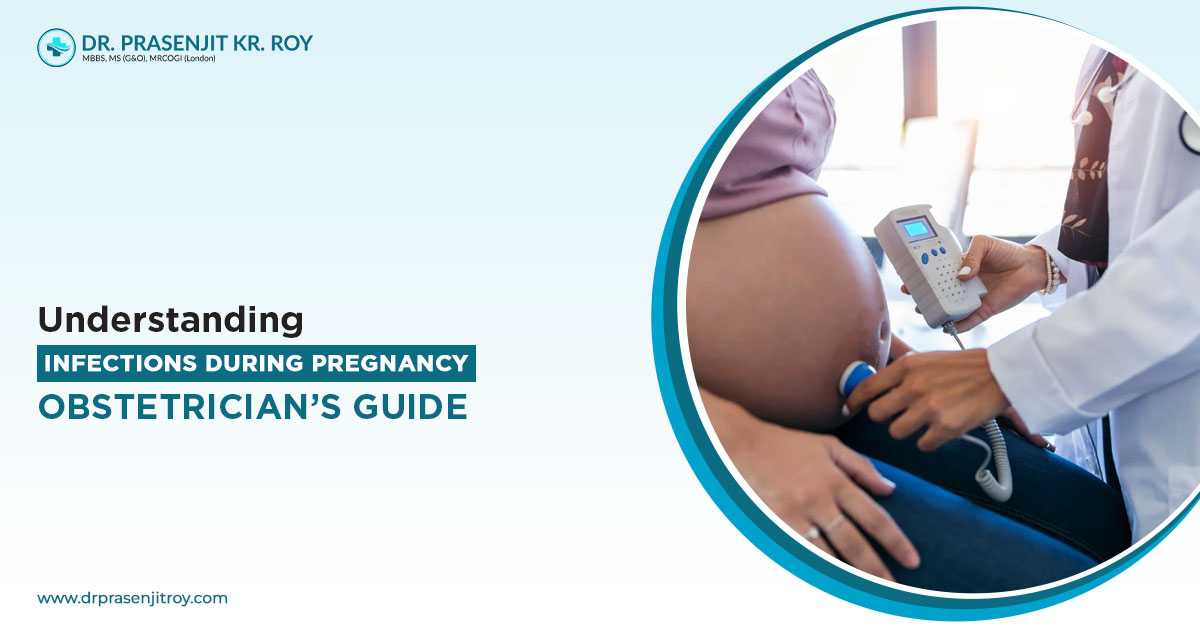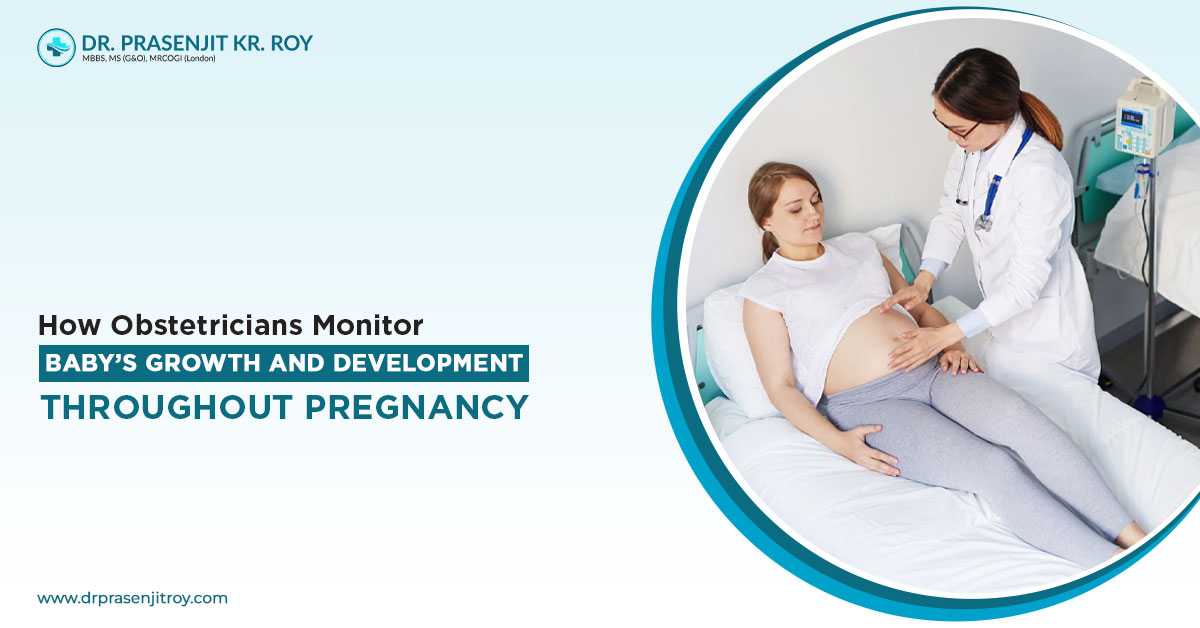A series of procedures to help you get pregnant are known as IVF or in vitro fertilization. It occurs when sperm are used in a laboratory to fertilize a human egg. Pregnancy will occur if the fertilized egg successfully implants in the uterus.
Infertility and certain genetic conditions can be treated with IVF. IVF doctors in Siliguri may also be able to assist single people who wish to become parents and members of the sexually and gender-diverse community in starting families.
Conditions That Required IVF Treatment
- Low sperm count
- Problems with ovulation
- Polycystic ovary syndrome
- Problems with the fallopian tubes
- Problems with endometriosis
- Inherited genetic disorders
How Does The IVF Procedure Work?
Since each IVF cycle coincides with a single menstrual cycle, it is a process.
Blood test
Your fertility clinic will conduct a blood test on day one of your menstrual cycles.
Stimulation of hormones
Your hormone stimulation treatment will begin on day 2 or day 3 of your menstrual cycle. You will begin taking medication to encourage multiple egg production from your follicles.
Shot to start
You will inject hormones into your body to cause your ovary to mature and release an egg once your eggs have reached a certain size.
Egg collection
Your eggs will be retrieved (collected) 34 to 36 hours after the trigger shot. To retrieve the eggs, your fertility specialist will insert a thin needle into the follicles in your vagina.
Sample of sperm
On the same day that the eggs are collected, your partner will provide a sample of their fresh sperm. If this is not possible, sperm can be extracted directly from the testicles through surgery. Additionally, frozen donor sperm may be used.
Fertilization
Incubation of the eggs and sperm takes place overnight in a dish. You might need Intra Cytoplasmic Sperm Injection (ICSI), which involves injecting a single healthy sperm into a mature egg, in some cases. When the quality of the sperm is low, this might be helpful.
Transfer of embryos
Your fertility specialist will transfer an embryo into your uterus somewhere between three and five days after the egg retrieval. Typically, only one embryo is transferred, but more may be involved.
Your IVF doctors in Siliguri may delay transferring an embryo in some instances. Depending on your particular circumstances, any good-quality embryos that are not transferred might be frozen and used later.
Test of pregnancy
You won't be able to test for pregnancy until two weeks after the embryo transfer. Because blood tests are more accurate than home pregnancy tests, it's best to get them done at a fertility clinic or through your primary care physician.







